CALLS FOR STUDENT INITIATIVES
Article 4 of the University statute states “The University recognizes and facilitates [...] the activities of students and their associations which contribute to making studying more profitable and to improving the quality of university life".
When, and by virtue of what, do these activities and associative forms have a value?
In our opinion, when they give rise to a dialogue, whose goal is to focus on what it means to take life seriously.
Currently, the University's support for student initiatives is mainly expressed through two calls for tenders: one "for cultural and leisure initiatives", the other "for innovative projects aimed at improving teaching".
Between the two, we believe that the latter represents a good-quality proposition, needing only some minor adjustments; but the same cannot be said of the first one which, in our opinion, does not always support initiatives with real value. Indeed:
- Student groups (which are already in themselves places of discussion and therefore of culture) are not at all supported by the University. For example, there is no support to pay for rent of a space which could act as headquarters of these associations.
- These groups are not sufficiently funded in the implementation of the proposed initiatives, as:
- they often receive a funding quota below the one requested, with the risk of compromising the realization of the event itself.
- they have to pay in advance for at least 50% of the total funding they received for their initiatives.
- Each group can ask for funding for a maximum of three initiatives.
- The evaluation process by which funding is allocated to the various initiatives is not entirely transparent.
- Students who do not belong to an association but wish to propose a cultural initiative often encounter the indifference of the deputed departmental bodies (which prefer to invest their resources elsewhere).
- Finally, neither of the calls allow the funding of didactic activities designed by students (such as pre-courses or seminar cycles) or even trips for groups of students which, if carefully organized, could constitute an opportunity for aggregation and knowledge.
We therefore believe it is necessary to profoundly reform the methods of support for student initiatives, making the following proposals:
- The creation of a register of all student groups of the University of Padua. Each group should have a student supervisor who, every two years, must demonstrate the existence of the group by presenting a minimum number of subscriptions from other students (each student may subscribe to only one group).
- The creation of a new call aimed at teaching integration projects proposed by individual students or groups with the guarantee of a teacher. This would support initiatives such as pre-courses, seminar cycles or "spontaneous" tutoring activities, introducing an allowance to those who will organize and provide the service. On the model of the call "for innovative projects aimed at improving teaching", the amount assigned to the initiative will be made available to the Department of the teacher guaranteeing for the project. The regulation of this new call will have to take into consideration the observations made to the already existing calls. The amount made available for this new call must be in the order of €20,000 (see the case of the University of Milano - Bicocca).
- The modification of the call "for cultural initiatives and free time" in the following points:
- The addition of the possibility, for groups, to request a contribution for the rental of a space to act as headquarters (see University of Bologna).
- The addition of the possibility, for groups, to apply for funding for student trips.
- The replacement of the clause that limits to three the initiatives that can be proposed by each group with a clause that limits the funding that can be attributed to each group to 10% of the total allocated funds.
- The addition of the possibility of obtaining the whole of the funding (or at least 75% of it) in advance.
- An increase in the total funds allocated from €150,000 to €250,000, aligning it with how much other large Italian universities allocate to similar calls.
- The inclusion of clear parameters to establish the funding for each initiative. Particular attention should be paid to initiatives promoted from single students or new groups. Finally, the amount assigned to each initiative should be calculated on the basis of a score assigned by the commission to each parameter (see University of Bologna).
